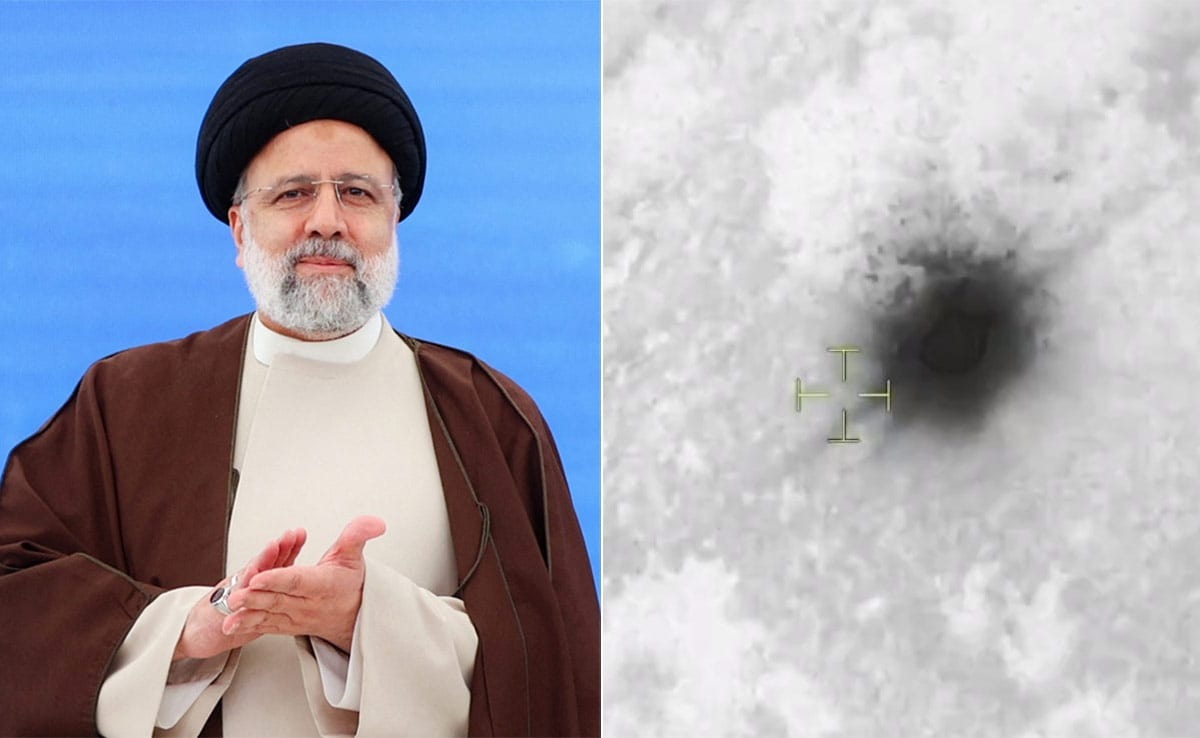|Iranian President Ebrahim Raisi, Foreign Minister Hossein Amirabdollahian, and several other high-ranking officials were killed in a helicopter crash on Monday. The incident occurred in the country’s northwest, in the mountainous region of East Azerbaijan province, amidst dense fog.
The crash has sent shockwaves across the Middle East, coming at a time when tensions are already running high due to the ongoing Israel-Hamas conflict. Iran has been a key player in the region, and Raisi’s death is likely to have implications for the country’s political landscape and its relationships with neighboring nations.
Raisi, 63, was a hardline conservative who had been in office since 2021. During his presidency, Iran had escalated its uranium enrichment program, leading to increased tensions with Western powers. He was also known for his close ties to Supreme Leader Ayatollah Ali Khamenei and had been seen as a potential successor to the 85-year-old leader.

The helicopter carrying Raisi and other officials had taken off from the Iranian border with Azerbaijan, where the president had attended the inauguration of a dam with Azeri counterpart Ilham Aliyev. The crash occurred shortly after takeoff, with Turkish authorities releasing drone footage showing a fire in the wilderness, suspected to be the wreckage of the helicopter.
Condolences have poured in from neighboring countries, including Pakistan, India, Egypt, Jordan, and Syria. The incident has also raised concerns about the potential succession crisis in Iran, with some analysts suggesting that Mojtaba Khamenei, the supreme leader’s son, could be a possible candidate to replace Raisi.
The crash is a blow to Iran’s political establishment, coming at a time when the country is already grappling with economic and social unrest. The incident is likely to have far-reaching consequences for the region, and the world will be watching closely as Iran navigates this critical moment in its history.


